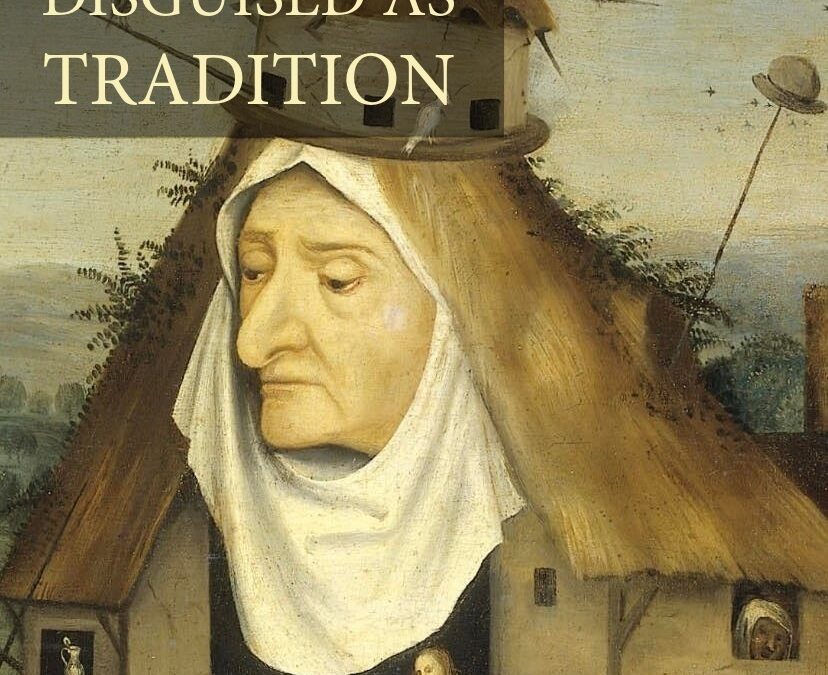Preface: A Synthesis; An Incomplete or a Complete Gift of Self; More Personally
Acknowledgements
A Brief Biography of and a General Foreword by Monsignor Livio Melina (An English translation with subheadings, by Stefan Kaminski, and then the original text in Italian).
General Introduction: A Comment on the Structure of the Book as a Whole (I); But Why write a Book that Draws on Humanae Vitae? (II); and an Introduction to Each Chapter (III)
Dr. Thomas D. Williams: A Biography and Complementary Account of the Difference between Contraception and Being Open: “An Introduction to: Theology of the Body and Humanae Vitae”
PART I
Part I: Being, Metaphysics, Soul and Body (Comprising Chapter 1)
Chapter One: Who is in Dialogue? Anthropology Comes into Focus: An Opening Word on Humanae Vitae (I); The Focus of this Book: A compound of Sense and Spirit (II); A Note on the Controversy surrounding Humanae Vitae (III); Two Naturalistic Fallacies: George Moore – but particularly David Hume (IV); St. Thomas Aquinas; St. John Paul II; and A Starting Point: The Language of the Body (V)
Suzanne Scheller: A Biography and Complementary Contribution to Part I: “How can one discover the truth about Humanae Vitae?”
PART II
Part II: The Naturalistic Fallacy: A Flawed Account of Human Nature and towards the Healing of the Fallacy of Uniformity (Comprising Chapters 2-3)
Chapter Two: Flaws and Fragments of an Answer: The Naturalistic Fallacy and its Flaw: Hume’s Naturalistic Fallacy (I); An Evaluation of Hume’s Fallacy (II); A Variety of References to Hume’s Fallacy (III); A Response to Hume: The First Act of Practical Reasoning (IV); The Possibility that Values are Integral to Facts (V)
Chapter Three: Types of Dualism Point to the Moment of Human Origin: The Fact-Norm Distinction and the Answering Nature of Man: The Fact-Norm Distinction as a type of Dualism (I); Dualism and Finality: Two Problems with Theories of Evolution (II); Other Traces of a Body-Soul Dualism (III)
Sr. Hanna Klaus: A Biography and Complementary Contribution to Part II: “How learning and practicing the Billings Ovulation Method (OM) enhanced the value of the person”
PART III
Part III: Drawing on the Doctrine of the Blessed Trinity: A Metaphysical Foundation to the Relationship of Human Action to Human Being (Comprising Chapter 4 and “Beginning to Go Forward)
Chapter Four: The unity-in-diversity of human being is an answer to the fallacy of uniformity: Restating the Problem: From fact to moral norm (I); God Reveals man to himself (II); The unity-in-diversity of law as embodied in human being (III); A metaphysical structure of Good, Right and True to human being (IV); and, Finally, the Personalization of Human Love goes beyond a comparison with animals to the mystery of the Blessed Trinity (V)
Beginning to go Forward: A “Watershed Summary” and “Three Objections to the Argument of the Book”
Dr. John Purk: A Biography and Complementary Contribution to Part III: : Dr. John Purk: “Openness to Life and Communion with The Most Holy Trinity”
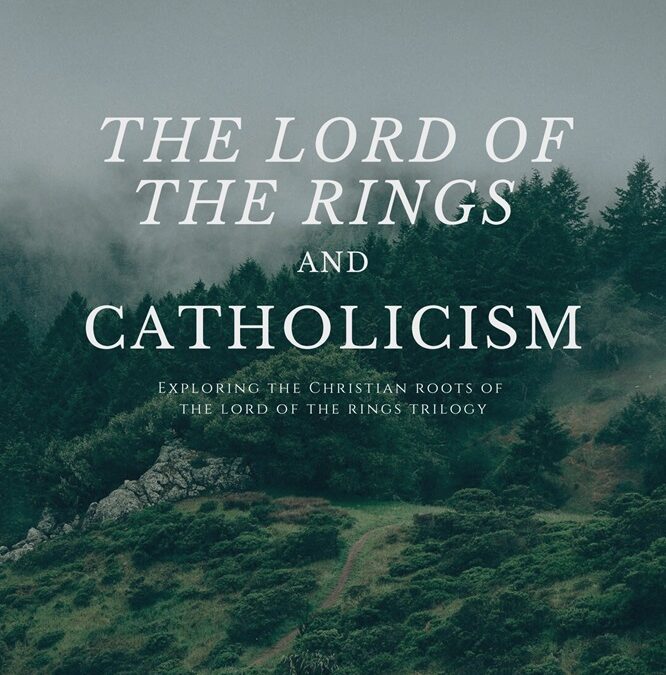
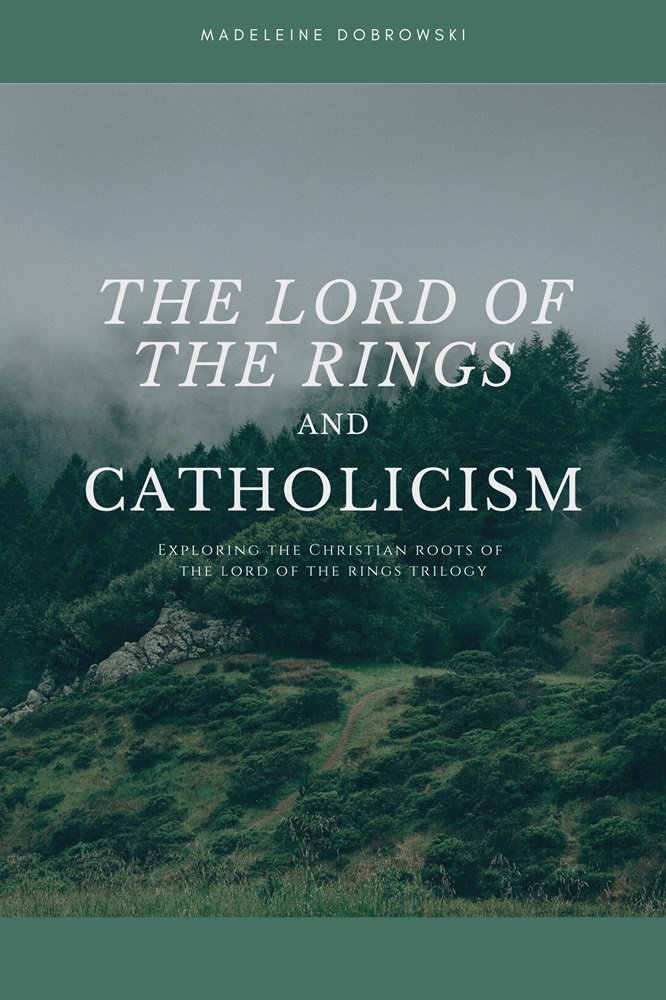
 Madeleine Dobrowski is originally from the great Midwest but currently resides in Spokane, WA, where she spends her time studying philosophy, reading, writing, teaching literature, and enjoying the Pacific Northwest with her husband. She obtained her BA in Philosophy from Boise State University and is currently pursuing her MA in Philosophy – Christian Wisdom at Holy Apostles College and Seminary.
Madeleine Dobrowski is originally from the great Midwest but currently resides in Spokane, WA, where she spends her time studying philosophy, reading, writing, teaching literature, and enjoying the Pacific Northwest with her husband. She obtained her BA in Philosophy from Boise State University and is currently pursuing her MA in Philosophy – Christian Wisdom at Holy Apostles College and Seminary.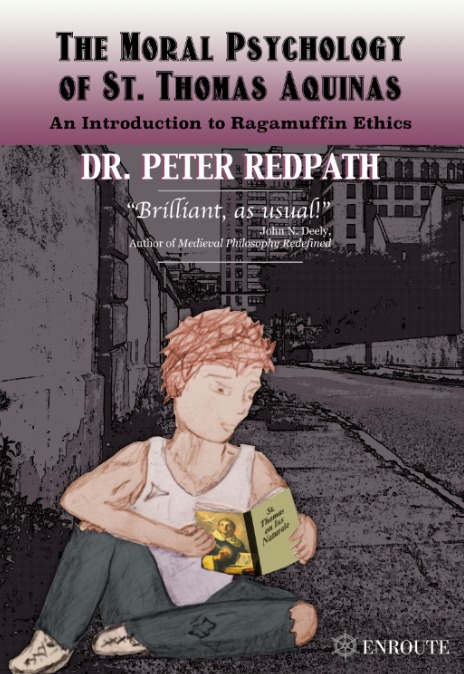
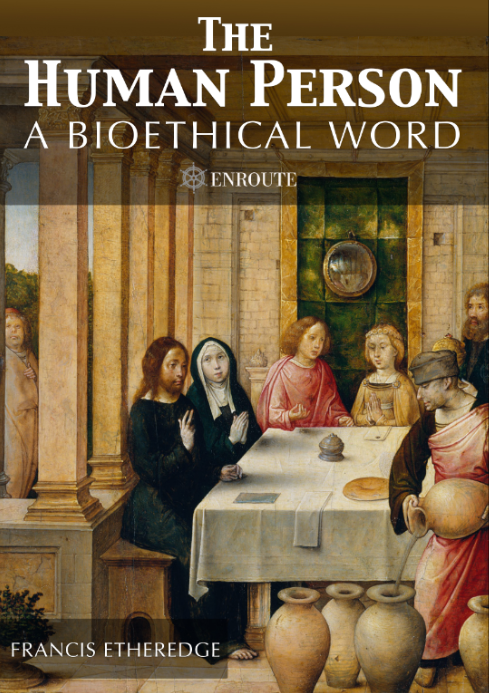
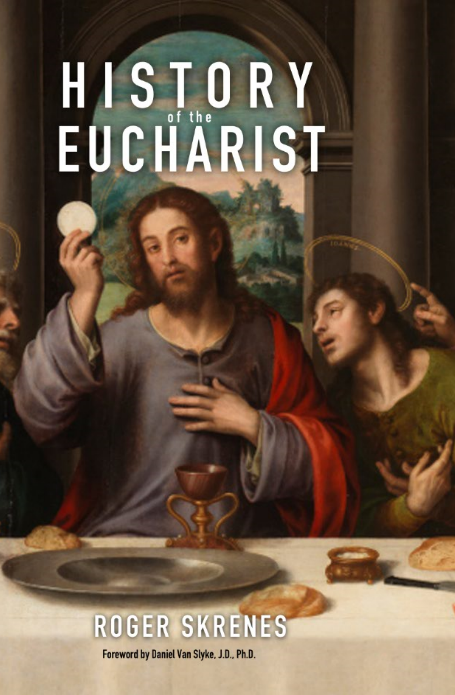
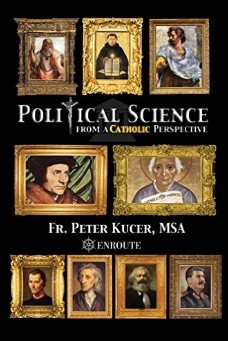
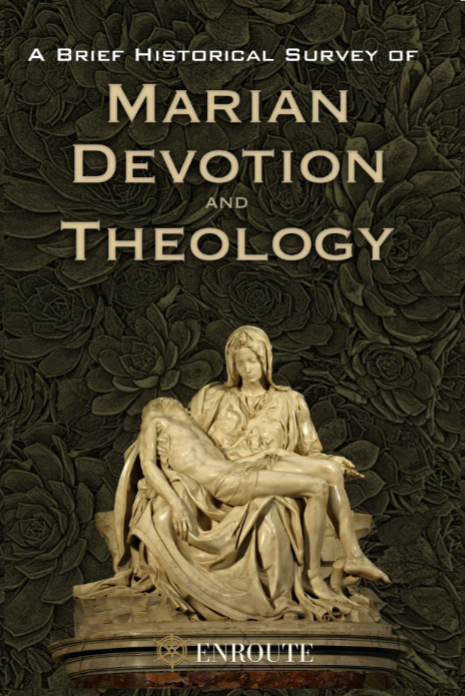
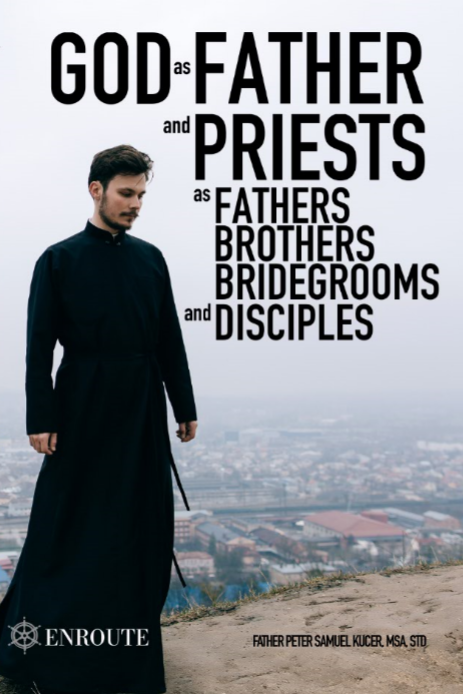
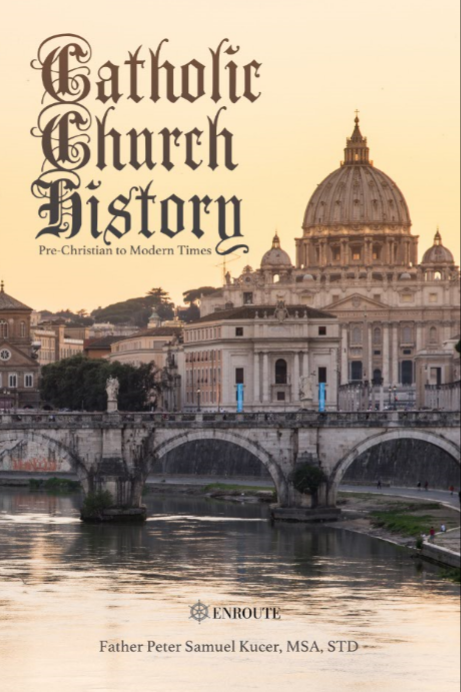
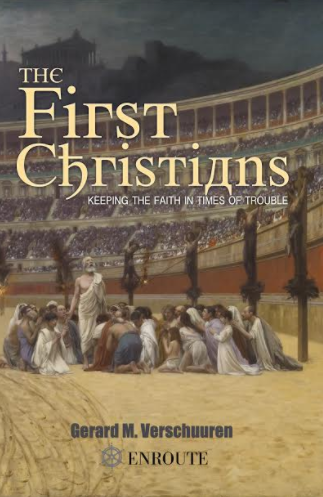
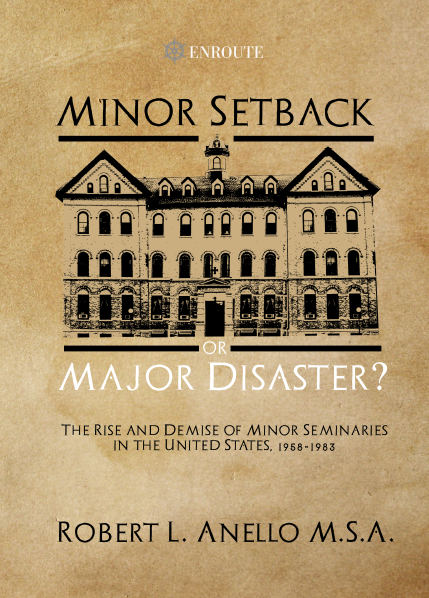
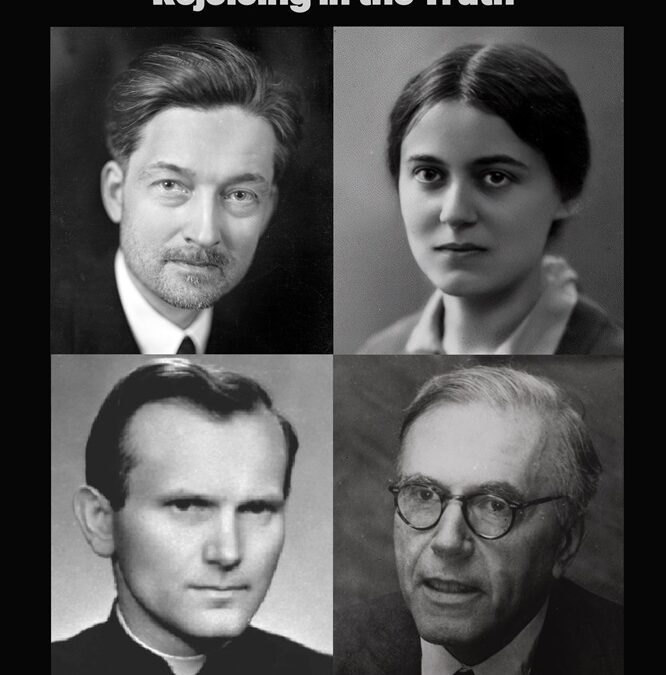


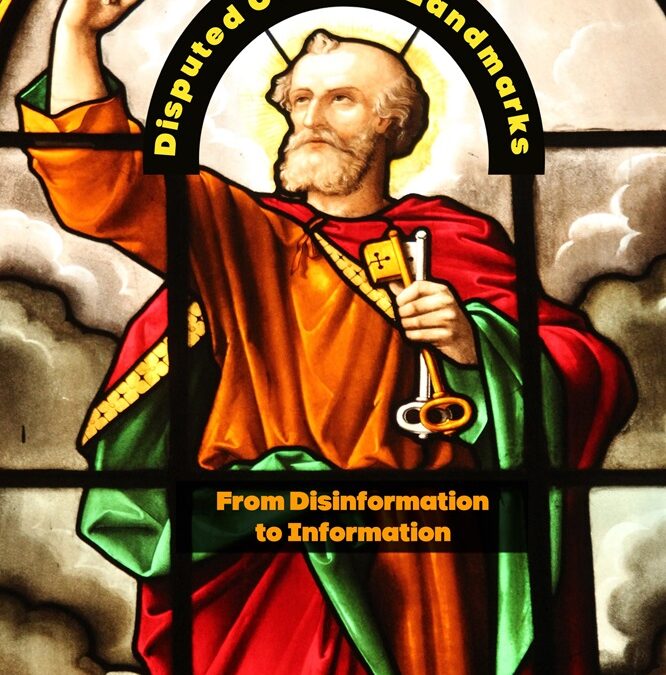

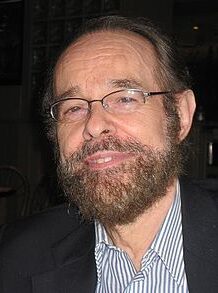
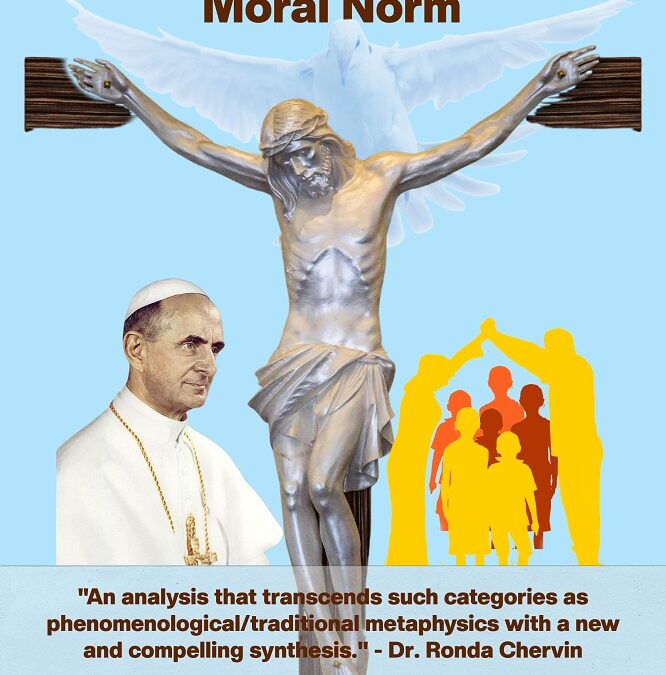

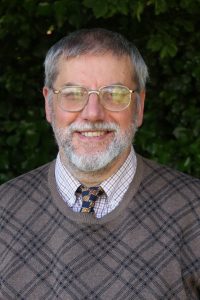 Mr. Francis Etheredge is married with eight children, plus three in heaven.
Mr. Francis Etheredge is married with eight children, plus three in heaven.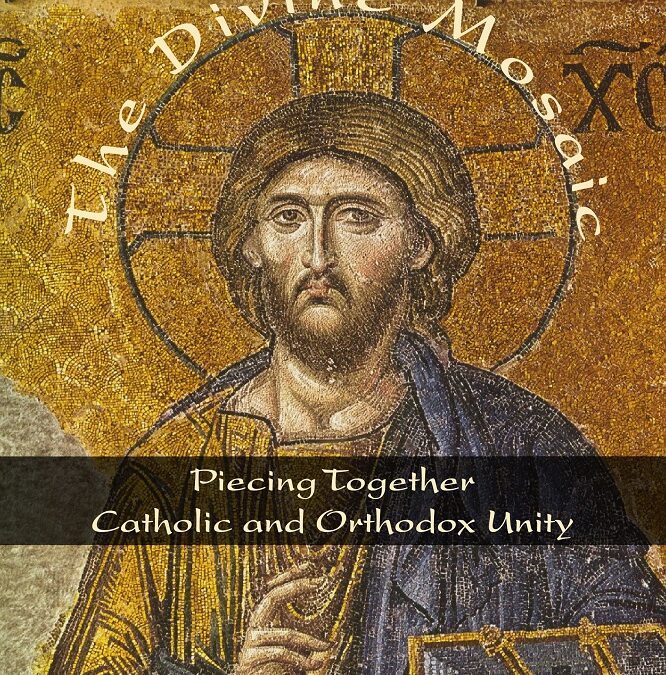

 A convert from Greek Orthodoxy, James Likoudis is an internationally known apologist, one who has dedicated his life to reconciling his Eastern Orthodox brethren with the Catholic Church Jesus Christ founded. He excels in analyzing the key issues that separate Catholics and Orthodox, including regarding papal and conciliar history, and he cherishes all we hold in common in Christ.
A convert from Greek Orthodoxy, James Likoudis is an internationally known apologist, one who has dedicated his life to reconciling his Eastern Orthodox brethren with the Catholic Church Jesus Christ founded. He excels in analyzing the key issues that separate Catholics and Orthodox, including regarding papal and conciliar history, and he cherishes all we hold in common in Christ.